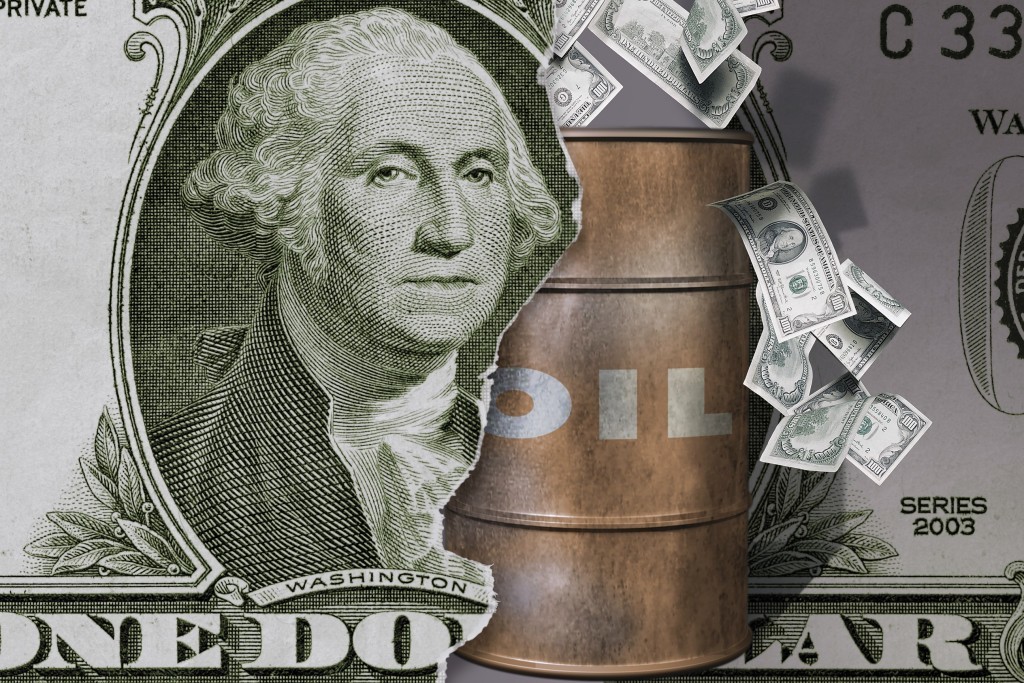
Oil prices are down by 3% after Iraq announced record-high production feeding into a heavily oversupplied market, wiping out much of the gains made in one of the biggest-ever daily rallies last week.
Brent crude, the global benchmark, was down 84 cents at $31.34 a barrel at 1122 GMT, losing 2.6% from its closing price on Friday, when it surged 10%.
US crude was trading 95 cents lower at $31.24 a barrel.
Iraq’s oil ministry said oil output had reached a record high in December. Fields in the country’s central and southern regions produced as much as 4.13million barrels a day, the government said.
“The news that Iraq has probably hit another record builds on the oversupply sentiment,” said Hans van Cleef, senior energy economist at ABN Amro in Amsterdam.
“The oversupply will keep markets depressed and prices low, and on the other hand short positions are in excessive territory,” he added.
Indonesia’s Opec governor said support among the Organisation of the Petroleum Exporting Countries for taking steps to prop up crude prices was slim, with only one Opec country supporting an emergency meeting over the matter.
Striking a more bullish tone, the group’s secretary-general, Abdullah al-Badri, said he saw some signs the market is rebalancing.
Mr al-Badri also said Opec and non-Opec producers needed to work together to tackle oversupply in order to prop up oil prices.
Meanwhile, the chairman of Saudi Aramco said oil prices would ultimately balance at a moderate level as demand continued to rise.
In the US, one of Opec’s largest production rivals, a further drop in the number of oil rigs was expected to weigh on output.
US investment bank Goldman Sachs said it expected production to decline by 95,000 barrels per day in 2016, including well deferrals, higher than previously assumed.
Recommended for you
